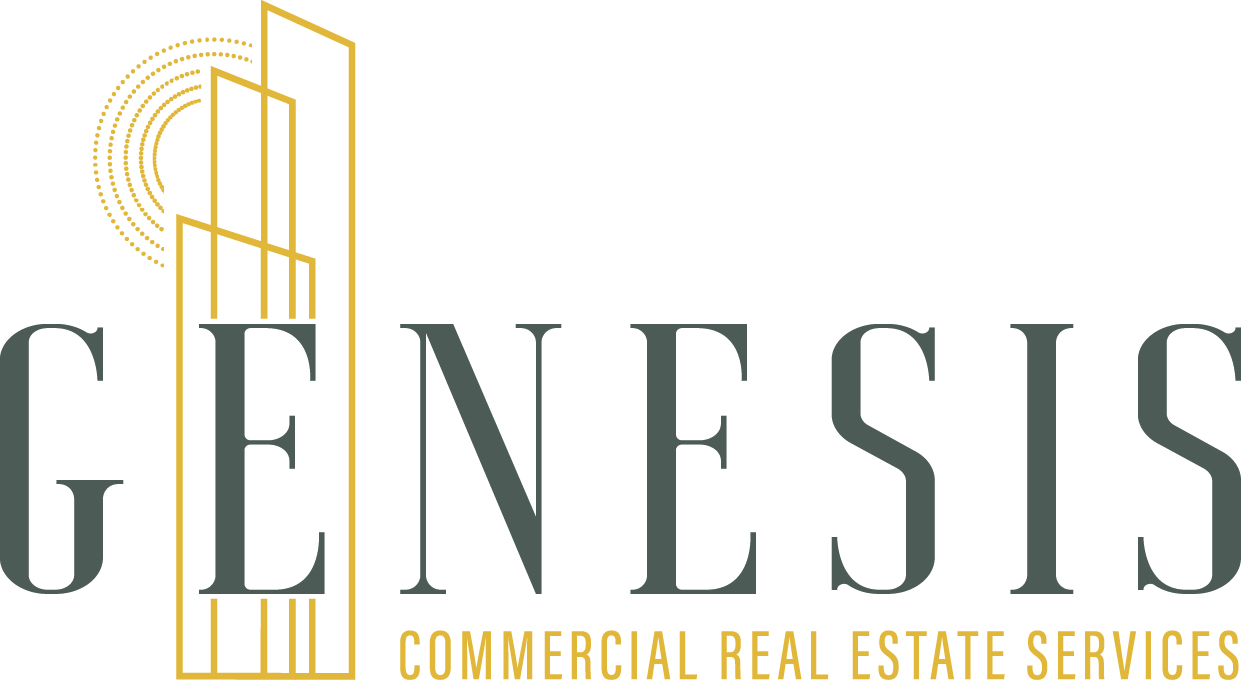When it comes to commercial real estate financing, there are several key factors to keep in mind to ensure success. Understanding the various financing options available, such as traditional loans, SBA loans, and commercial mortgages, can help you make informed decisions. It’s important to know your credit score, debt-to-income ratio, and collateral requirements before applying for financing. Additionally, working with a reputable lender who specializes in commercial real estate can help streamline the process and increase your chances of approval. By taking the time to educate yourself on the ins and outs of commercial real estate financing, you can set yourself up for long-term success in the industry.
Commercial real estate financing can be complex, but here are the key points you need to know:
1. Types of Financing:
– Traditional Loans: Offered by banks and financial institutions, typically with fixed or variable interest rates.
– SBA Loans: Government-backed loans through the Small Business Administration, offering favorable terms for qualifying businesses.
– Bridge Loans: Short-term loans to bridge gaps in financing, often used for immediate needs before long-term financing is secured.
– Commercial Mortgage-Backed Securities (CMBS): Bonds backed by commercial mortgages, pooled and sold to investors.
2. Loan Terms:
– Loan Amount: Determined by the property’s value and income potential.
– Interest Rates: Can be fixed or variable, influenced by market conditions and the borrower’s creditworthiness.
– Loan-to-Value (LTV) Ratio: Determines the maximum loan amount as a percentage of the property’s value.
– Amortization Period: The schedule over which the loan is repaid, often longer than residential mortgages.
3. Qualification Requirements:
– Creditworthiness: Strong credit history and score are essential.
– Income and Cash Flow: Property’s income must sufficiently cover loan payments.
– Down Payment: Typically higher than for residential properties, often 20% or more.
– Business Plan: Especially important for new businesses or expansions, showing projected income and expenses.
4. Due Diligence and Documentation:
– Property Appraisal: To determine the market value of the property.
– Environmental Assessment: Ensures compliance with environmental regulations.
– Title Insurance: Protects against any legal challenges to ownership.
– Financial Statements: Business and personal financial statements of the borrower.
– Lease Agreements: For income-producing properties, proof of rental income.
5. Repayment and Risks:
– Loan Repayment: Monthly payments covering principal and interest.
– Refinancing and Prepayment: Options to refinance to secure better terms or to pay off the loan early.
– Interest Rate Risks: Fluctuations in interest rates can affect repayment amounts.
– Market Risks: Property value changes and economic downturns can impact income and resale value.
6. Legal and Tax Implications:
– Legal Counsel: Advisable to consult legal experts to review contracts and ensure compliance.
– Tax Considerations: Implications for deductions, depreciation, and capital gains.
7. Choosing the Right Financing Option:
– Evaluate based on your financial situation, property type, and long-term goals.
– Compare interest rates, terms, and repayment schedules from different lenders.
– Consider consulting with financial advisors specializing in commercial real estate.
Navigating commercial real estate financing requires careful planning, thorough understanding of terms and conditions, and often involves collaboration with financial professionals to ensure the best outcomes for your investment goals. Contact us for professional consultation.

